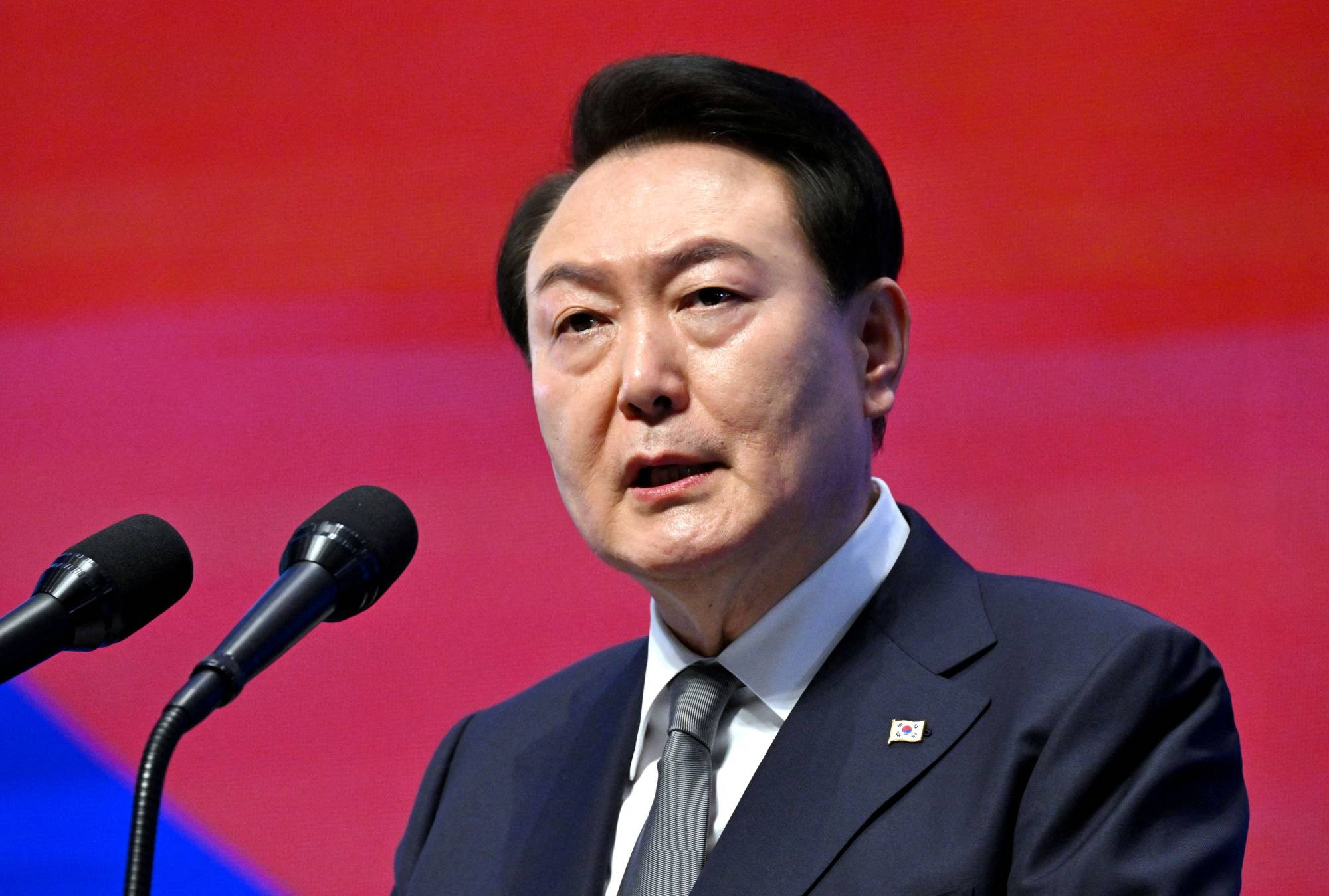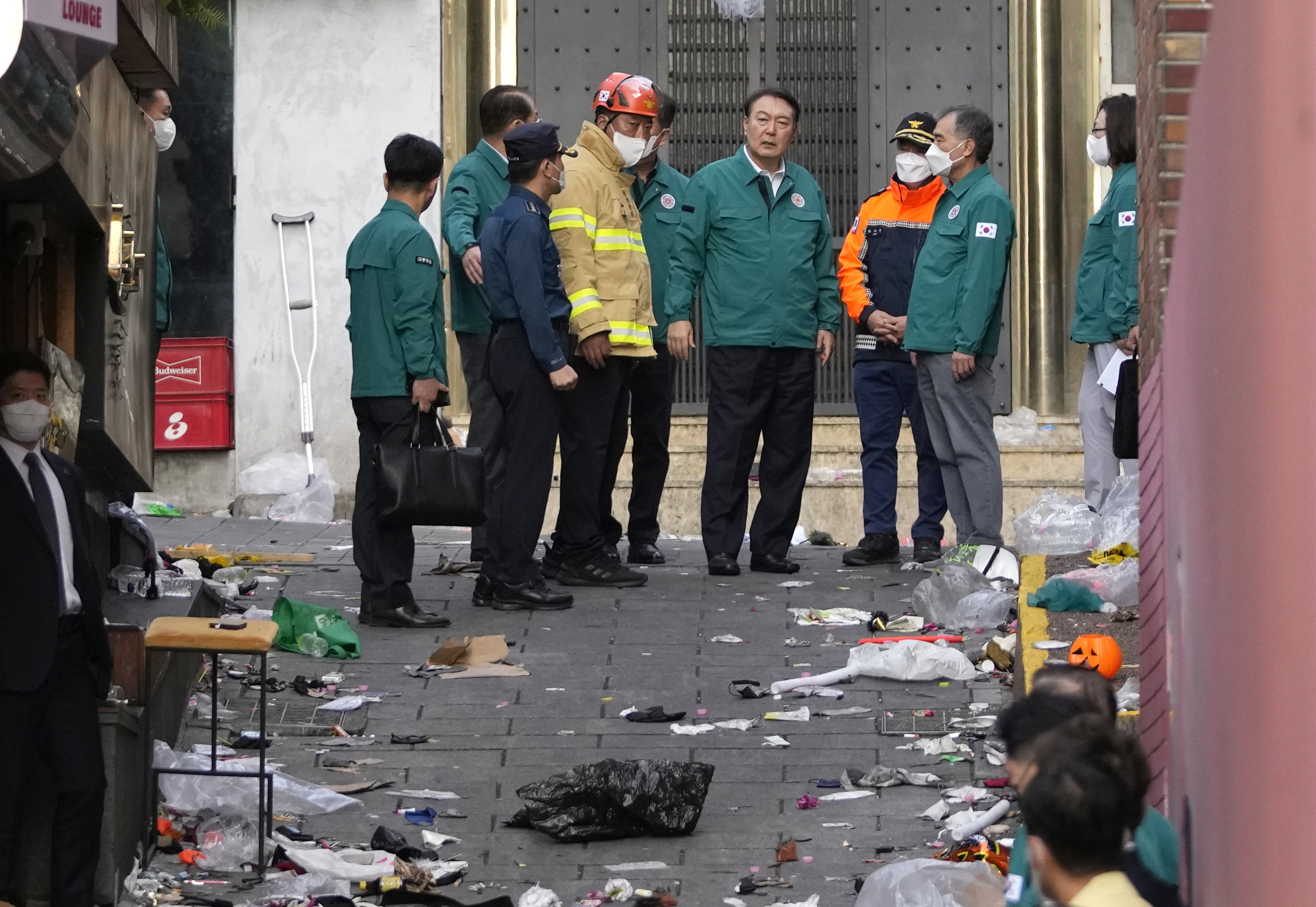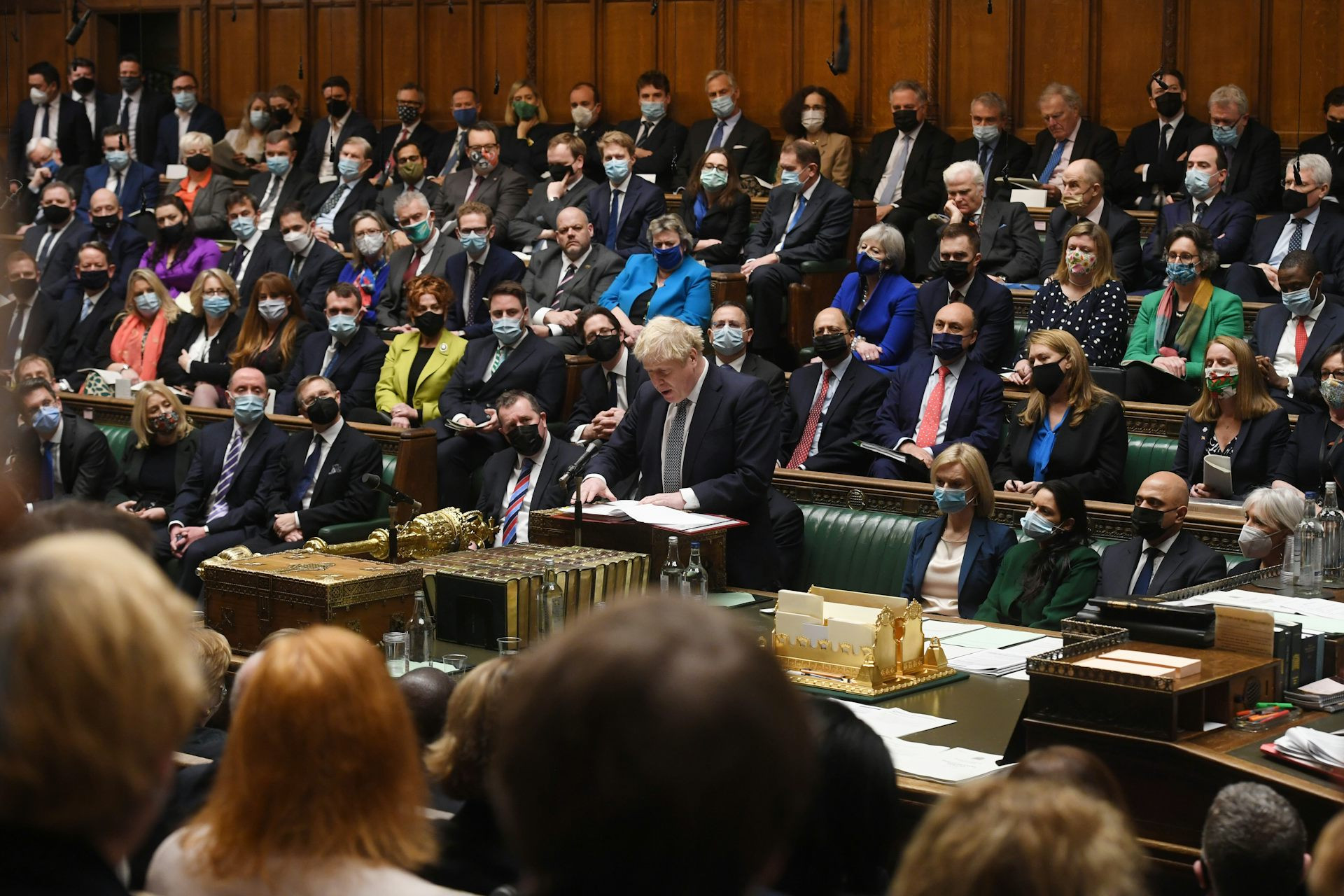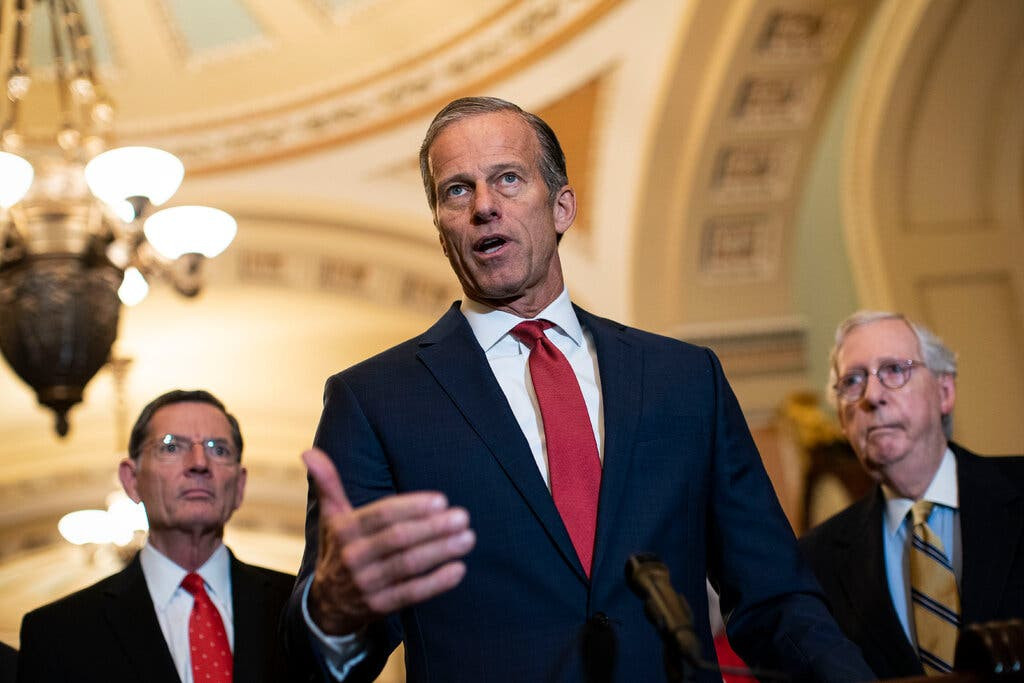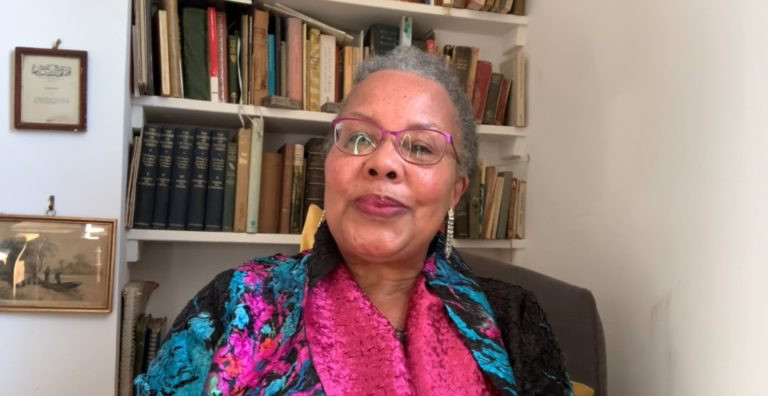South Korea's Unprecedented Martial Law Declaration
South Korean President Yoon Suk Yeol's late-night announcement of martial law on Tuesday, December 3rd, 2024, has plunged the nation into unprecedented turmoil. This dramatic move, described as “frankly bizarre” by John Nilsson-Wright of Cambridge University’s Japan and Koreas Programme, has sparked widespread confusion, protests, and international concern. The declaration, made in a surprise televised address, cites the need to protect the country from perceived threats from North Korea and alleged anti-state activities within the opposition Democratic Party.
The President's Justification and the Opposition's Response
President Yoon framed his decision as necessary to safeguard South Korea’s liberal democracy. He accused the opposition Democratic Party, which holds a majority in parliament, of jeopardizing national security by obstructing government functions and allegedly sympathizing with North Korea. Specific actions cited include attempts to impeach key prosecutors and the rejection of the government's budget proposal. This move is seen by many as an extreme overreaction to political infighting, particularly given that the opposition party's actions are within their established parliamentary rights. The opposition leader, Lee Jae-myung, immediately denounced the martial law declaration, calling it an unacceptable power grab and urging citizens to gather at the National Assembly in protest.
Parliamentary Clashes and Citizen Reactions
The declaration has led to immediate and dramatic responses. Television footage showed clashes between authorities and lawmakers outside the National Assembly building in Seoul, as opposition members attempted to block the president's decree. Meanwhile, citizens, feeling a sense of disbelief and unease, are rushing to be with their families, uncertain about the future and the implications of living under martial law. There are reports of law enforcement informing citizens they can be arrested without warrants, adding to the atmosphere of fear and uncertainty.
International Reaction and Economic Fallout
The international community is closely monitoring the situation, with the United States, a key ally of South Korea, stating it's in contact with the South Korean government and closely monitoring events. The unprecedented nature of this decision, the first martial law declaration in South Korea since the 1980s, has created considerable uncertainty in the global markets. South Korean stocks plummeted on Tuesday, with significant drops seen in major companies like Coupang and Posco. The U.S. dollar also saw a significant surge against the South Korean won, highlighting the economic instability arising from this political crisis. Even within President Yoon's own party, the move has been condemned by figures such as former Justice Minister Han Dong-hoon, who vowed to work with the opposition to block it.
The Domestic Political Landscape and Yoon's Presidency
President Yoon's decision comes amidst a backdrop of deep political polarization and low approval ratings. His administration has faced consistent challenges from the opposition, including various scandals involving himself and his wife, adding to the already tense political climate. His election victory in 2022 was narrow, reflecting the deep divisions within South Korean society. His hardline stance on North Korea, a departure from his predecessor's approach, has also been a contributing factor to the political turmoil. The current situation raises serious questions about the long-term stability of South Korean democracy and its relationship with its key allies. His background as a prosecutor, before entering politics, has given his critics reason to question his grasp of diplomacy and the political process itself. It remains uncertain if this action will strengthen or weaken his position. The potential for a further breakdown of social order cannot be overlooked.
The Future Remains Uncertain: A Nation Holds its Breath
The long-term consequences of President Yoon's decision remain unclear. Under South Korean law, martial law can be lifted with a majority vote in parliament, where the opposition holds a majority. However, given the current atmosphere of political tension and widespread confusion, the path forward remains uncertain. The coming days will be critical in determining whether this unprecedented action leads to a resolution of the political crisis or further escalates the conflict. The world watches South Korea, a vibrant democracy for decades, grapple with an event previously unimaginable in its modern history. The coming days and weeks will be crucial in determining how this unprecedented situation will play out and what lasting implications it will have on both the political and social fabric of South Korea, not to mention its international standing.
The events unfolding in South Korea serve as a stark reminder of the fragility of democratic institutions and the dangers of unchecked executive power, even in a country with a long history of peaceful transitions and robust civil society. This situation underscores the delicate balance between maintaining order and protecting fundamental freedoms; what is at stake is South Korea’s future as a stable and prosperous democracy in the heart of East Asia.




